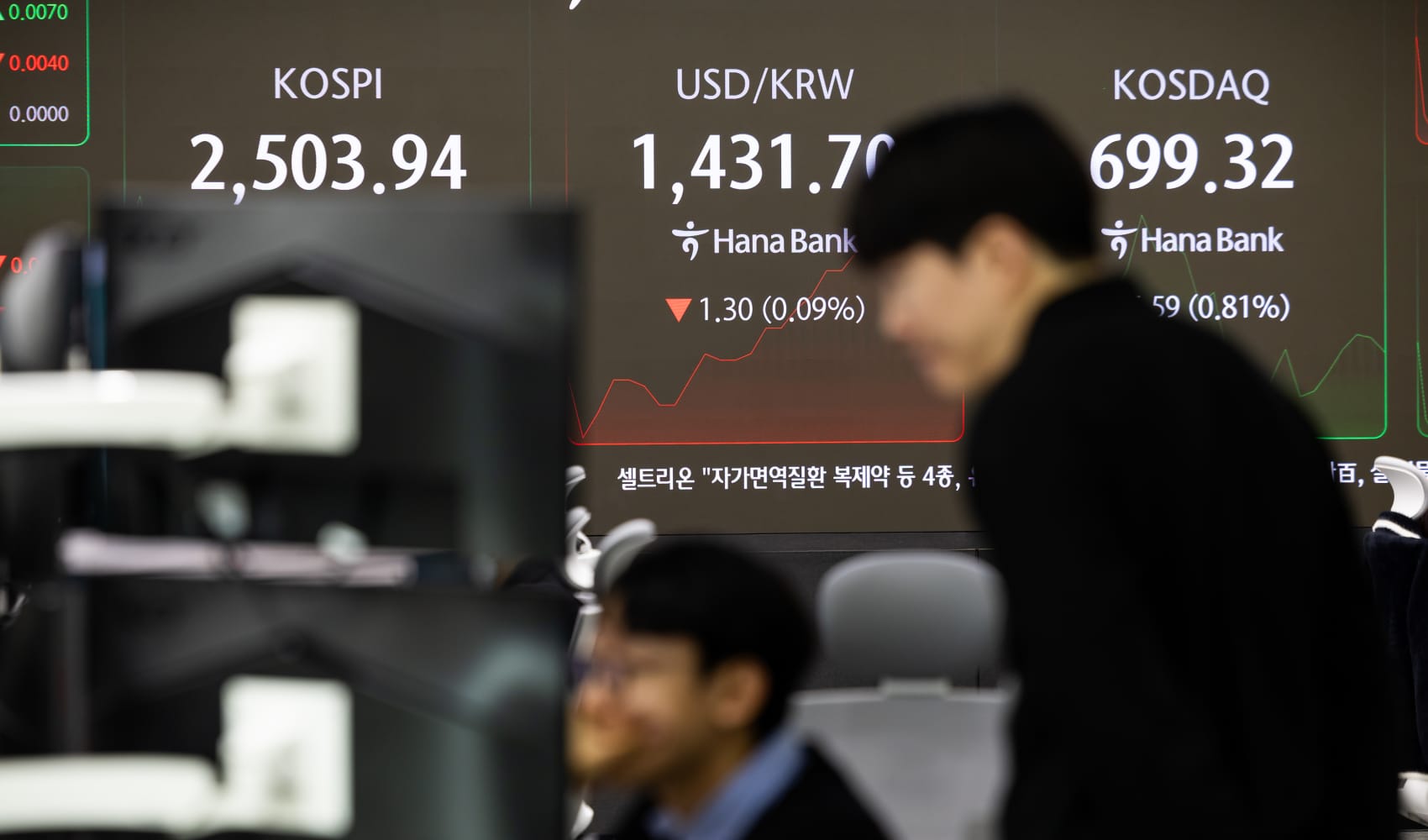
- Dr. Scott Gottlieb told CNBC on Monday he sees promising signs indicating Covid vaccines reduce person-to-person virus transmission.
- However, the Pfizer board member said, "The question is: What's the magnitude of that?"
- Gottlieb pointed to studies involving Pfizer's vaccine in Israel as well as trial data from Johnson & Johnson.
Dr. Scott Gottlieb said Monday he sees promising signs that suggest Covid vaccines are effective in reducing person-to-person spread of the virus in addition to their well-documented ability to protect against severe disease.
In an interview on CNBC's "Squawk Box," the former Food and Drug Administration commissioner cautioned that while the early data appears positive, some uncertainty remains. "I think there's a reduction in transmission. The question is: What's the magnitude of that?" said Gottlieb, a member of Pfizer's board of directors.
Get Tri-state area news delivered to your inbox. Sign up for NBC New York's News Headlines newsletter.
The company's vaccine, developed alongside German drugmaker BioNTech, is one of three to receive emergency use authorization from the FDA. The other two are made by Moderna and, most recently, Johnson & Johnson, which received limited clearance from the U.S. regulator on Saturday.
The FDA issued emergency use authorization for the trio of vaccines after individually determining they were safe and effective at preventing recipients from developing symptomatic Covid disease, particularly severe cases and deaths. What's been less clear since the U.S. began administering shots of Pfizer-BioNTech's and Moderna's vaccines in December is specific data around limiting virus spread; it's one reason doctors have been urging even those who have been vaccinated to continue taking precautions.
For example, in its press release announcing J&J's vaccine was given emergency use authorization, the FDA said there was not "evidence that the vaccine prevents transmission of SARS-CoV-2 from person to person."
Money Report
However, Gottlieb said there's reason to be optimistic that the vaccines do just that, even if "the definitive study" proving it has yet to emerge. "The accumulating evidence is very convincing that there's a reduction in transmission," said Gottlieb, who led the FDA in the Trump administration from 2017 to 2019.
He pointed to two studies conducted in Israel, one of the world's leading countries in vaccinating its population, that suggest the Pfizer-BioNTech vaccine cut down on virus transmission. Gottlieb also said J&J found in its trial a 74% reduction in participants developing asymptomatic infection. That finding from J&J, Gottlieb said, "is a pretty good indication that there's a reduction in transmission."
"I think most people agree ... people who are vaccinated are less likely to transmit the infection if they do become infected themselves," Gottlieb said, while adding he expects a more definitive answer "within the next month or two."
Earlier Monday on "Squawk Box," J&J Chairman and CEO Alex Gorsky said the company's initial findings on preventing asymptomatic infection were encouraging and signal the possibility of putting a "major dent" in the Covid pandemic. "But we've got to gather more. We would expect to gather that literally in the coming months as we continue to follow these patients in the trial," he said.
Correction: This story has been updated to indicate that the FDA, in its Feb. 27 press release, said there was not "evidence that the vaccine prevents transmission of SARS-CoV-2 from person to person."
Disclosure: Scott Gottlieb is a CNBC contributor and is a member of the boards of Pfizer, genetic testing start-up Tempus, health-care tech company Aetion and biotech company Illumina. He also serves as co-chair of Norwegian Cruise Line Holdings' and Royal Caribbean's "Healthy Sail Panel."






